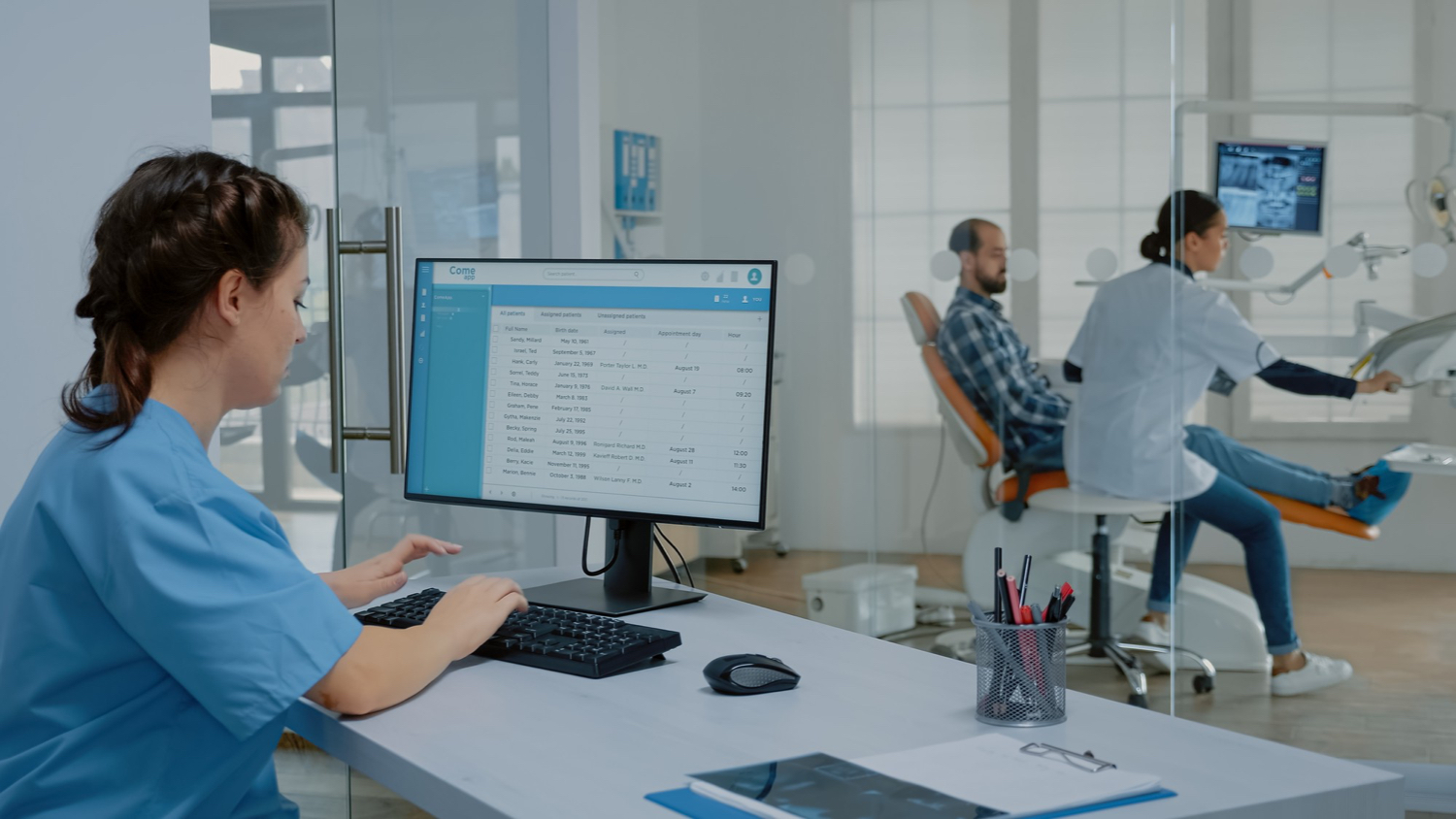
SMC Pioneers Digital Healthcare Transformation
Samsung Medical Center (SMC) in South Korea has emerged as a frontrunner in healthcare digitalization by automating critical processes through its proprietary hospital information system, DARWIN. This comprehensive digital ecosystem encompasses patient-centered platforms managing appointments, hospital admissions, medical treatments, nursing services, administrative functions, pharmacy operations, and radiology services.
The hospital’s exceptional implementation of its Health Information System earned it the prestigious Stage 7 validation in the HIMSS Electronic Medical Record Adoption Model in 2023. Over five years, SMC has methodically developed a groundbreaking 24/7 unmanned, fully automated medical records system that’s transforming patient access to healthcare information.
Traditional Challenges in Medical Records Access
Dr. Poong-Lyul Rhee, Executive Vice President and Chief Data & Digital Officer at SMC, highlighted significant limitations in conventional medical record systems across Korean hospitals:
“Existing medical record issuance systems operated by Korean hospitals offer limited accessibility for patients and are inefficient for hospitals,” Dr. Rhee explained. “Patients who require medical record copies for various reasons, such as private insurance claims, consultations at other hospitals, submission to public institutions for proof of medical condition, and personal record-keeping, have to visit the hospital in person. This added to the time and physical burdens.”
These obstacles particularly affected patients with mobility challenges or those in remote locations. Representatives retrieving records on patients’ behalf faced additional complications when documentation was incomplete, often necessitating multiple trips to protect sensitive personal information.
Healthcare providers also struggled with operational inefficiencies including staffing demands, physical space limitations, processing delays, and resulting customer dissatisfaction.
Digital Solution Implementation Timeline
In 2019, SMC launched South Korea’s first online medical records system, addressing growing demand for efficient and secure access. Despite this innovation, initial challenges persisted:
- Processing wait times extended up to two hours
- Staff manually handled requests during limited operating hours
- Applications were restricted to personal computers
- Patients required separate hospital visits solely for record retrieval
- Additional verification steps for protecting personal information remained cumbersome
- Incomplete record requests triggered repetitive cancellation processes
Strategic Enhancement Through Automation
SMC implemented a methodical approach to overcome these limitations. The first phase introduced mobile capabilities and PDF generation, dramatically reducing average wait times from 50 to 10 minutes.
The hospital then standardized workflows by integrating, reclassifying, and streamlining complex manual processes. This included mapping diverse data fields into consistent structures.
In 2023, SMC achieved another national milestone as South Korea’s first hospital implementing Robotic Process Automation (RPA) for online medical records issuance. Within one year, the system evolved to full automation—covering online application verification, PDF generation, document upload, and AI-powered patient identity verification.
“Tasks such as checking the application period and details, selecting hospital records eligible for issuance based on the request, and generating the corresponding PDF files were fully automated. This significantly improved processing speed and minimized the likelihood of errors caused by manual work,” Dr. Rhee noted.
The system also incorporated an auto-tracking cycle feature that automatically alerts staff about incomplete records, further expediting the process.
Measurable Results and Environmental Impact
SMC’s phased development approach delivered remarkable results:
- Online issuance rates increased from under 10% initially to over 30% following full automation in October 2024
- Average wait times decreased to approximately 5 minutes
- Zero error rate achieved
- Annual cost savings: 40 million won ($27,000) in paper and toner expenses
- Additional 50 million won ($34,000) saved through labor redistribution
- Patient complaints decreased while satisfaction ratings improved
- New cost discount policy further encouraged online service adoption
Beyond operational improvements, the system generated significant environmental benefits by reducing paper consumption and patient travel, cutting approximately 4,056 tons of carbon dioxide emissions—equivalent to planting 610,000 trees.
Through innovative digital transformation, SMC has created a model for healthcare institutions worldwide, demonstrating how automation can simultaneously enhance patient access, operational efficiency, and environmental sustainability.
Discover the latest Provider news updates with a single click. Follow DistilINFO HospitalIT and stay ahead with updates. Join our community today!




Leave a Reply